No matter how rich your CV is, writing a cover letter properly can substantially improve your odds of being employed. According to recent data, 53% of employers prefer candidates with good cover letters, with 23% of recruiters stating that they showcase job seekers’ personalities. 41% of cover letters however make the mistake of repeating the same information as in the CV, with 26% also sporting poor formatting.
It is essential that you write them as professionally and objectively as possible to let employers know that you’re committed to the job position. Here’s how they can help you land great jobs at Jobs OneGlobe, as well as why you should write them as best as you can.
Benefits of Writing a Cover Letter for UK Jobs
Why should you pay close attention to how you write cover or motivational letters when applying for UK jobs? According to FSB, there were 1,4 million businesses with employees in the UK in 2021, with small and medium enterprises (SMEs) accounting for 99,2% of total business. These businesses account for 3/5 of total UK employment, with 16,3 million people working in them in 2021. What these statistics tell us is that you really need to work hard to differentiate your CV from others.
This is easily done by writing a great cover letter to accompany your job application. Cover letters are short essays intended to explain who “you” are and why you’re applying for the job. While your CV will tell employers who you are as a professional, letters are meant to illustrate who the person behind the CV really is. Employers can find out a plethora of information from your cover letters, including how well you speak English, how polite you are, and how good your writing skills are. There are several major benefits to writing cover letters if you want to apply for UK-based jobs:
- Showcase your English language proficiency
- Personalize your job application
- Explain your professional career goals
- Show how knowledgeable you are about the industry
- Express your professional mindset and opinions
- Show how persuasive and convincing you are
- Make sure that employers memorize your job application
Data by Yahoo shows that 83% of hiring managers consider cover letters helpful in making hiring decisions. However, when they are optional, only 35% of applicants go out of their way to write one. Only 38% write cover letters even when they are stated as “mandatory” in the original job listings. People avoid writing cover letters out of fear or insecurity about their writing skills, or simply because they themselves consider them unnecessary. Here’s how you can use your letter to your advantage instead of treating it as a necessary evil on Jobs OneGlobe.
1. Limit your Word Count
The first thing you should consider is the length of your message to the employer. A typical motivational letter should be around 300-600 words in length and no more than that. Anything longer, and you’ll run into issues of overstaying your proverbial welcome and losing the employer’s attention. Anything shorter, and your letter won’t appear professional or detailed enough to be considered valuable for your job application. Aim for a healthy word count in your letter and avoid writing a long-form essay out of it. Stick to facts, keep it polite, and avoid unnecessary fluff.
2. Use the Right Keywords
Employers will always be on the lookout for keywords and phrases relevant to the job listing when reading cover letters. That’s why you should use a certain set of words throughout your letter to make it relevant. For example, if you’re applying for a hospitality job in the UK, you should use hospitality-related words, terminology, abbreviations, and lingo. This will show that you’re familiar with the industry and aware of which words and phrases are commonly used by industry professionals. You can use tools like Google Keyword Planner to find relevant keywords, or read your CV and come up with words to mention in the cover letters.
3. Formally Address your Employer
Your opening lines are crucial, whether you’re writing a motivational letter or an email concerning your job application. This is why it’s important for you to be formal, respectful, and succinct in how you start your letter. Given that you may not know their name or last name, you can use generalized openings:
- Dear Sir or Madam,
- Hello, Sir or Madam,
- To whom it may concern,
- Greetings,
- Good day,
You should not jump straight into your cover letters without firstly establishing professional rapport. Starting your letter as a professional would increase the likelihood of the employer or recruiter reaching out to you. Breaking up your motivational letter into scannable paragraphs with short sentences is a great idea. It will improve your letter’s legibility and show that you’re taking the employer’s time into consideration so they can read your letter faster.
- I’m contacting you in regards to your job vacancy…
- I’m formally applying for your job vacancy…
- I’m interested in applying for your job vacancy…
- I’m hereby applying for your job vacancy…
There are several ways to follow up from your formal opening, so make sure that your tone of voice and writing style is consistent throughout the message. This will help paint a clearer image of who you are, how well-spoken you are, and how serious you are about applying for the job listing.
4. Explain Why You’re Applying for the Job
One of the most important questions your cover or motivational letter should answer is “why”. Why are you applying for this specific job listing? Many employers are concerned about candidates applying for job listings without actually reading the listings or their requirements. This is somewhat true, as spamming your CV on every job listing you find won’t lead to lucrative, or any kind of, employment.
Instead of neglecting to answer the question at all, face it head-on and address it openly. Do you like the company as a whole and want to become a part of its team? Are you impressed with their business culture, product portfolio, or B2B network? Any of these reasons can be a great answer to the question of “why”. Think about it and include a paragraph about your motivation for applying in the message you send accompanying your CV.
5. Direct the Employer’s Attention To the CV
Employers don’t want to read motivational letters which are disassociated from the CVs. Your message needs to be closely linked to the CV you’ve attached for the job application for the letter to work in your favor. This is where calls to action can be introduced. You should direct your employer’s attention to the CV you’ve sent them through subtle hints and mentions of your skills or expertise.
Lines such as “As evidenced by my CV…” or “Please refer to my CV for more information…” will work in your favor. Calls to action are a traditional marketing tool most employers are very well aware of. Seeing you use them in this way will put extra points in your favor and make them more inclined to contact you. Use your cover letter as an opportunity to direct your employer’s attention either to the CV as a whole or to a certain section within it.
6. Attach your Cover Letter to Jobs OneGlobe Job Applications
Once you’ve outlined your cover letter and are satisfied with the information you’ve provided prospective employers with, use it to land a job. Use Jobs OneGlobe to find great job opportunities and apply for them with your custom-built CV. Besides the CV, you will be able to send your cover letter as a message to the employer or interviewer. Either write your letter then and there or, copy/paste it from a text document you’ve worked on locally.
When an employer reviews your job application, they’ll also take the letter into consideration in your favor. Be mindful of your grammar, spelling, and formatting to avoid misunderstanding or uncomfortable situations. When you’re ready, hit the “Send Application” button and look for even more job vacancies to apply for. Never bet on a single job listing when looking for work – diversify, look for various jobs, and apply as much as you can to boost your employment odds.
Using Cover Letters to Land Jobs More Easily
Cover letters are a great way for you to stand out from other applicants and showcase who you really are beyond your CV. Keep in mind that your CV should always be a top priority when preparing for job applications. Your cover letters are supplemental but still critical for successful employment. Create your candidate’s account on Jobs OneGlobe, create a new CV, and start applying for work.
Every job listing will allow you to modify your cover letter and tweak it so that it fits the employer and job position you’re applying for. Don’t neglect writing them as they might just be the thing that convinces a UK employer to arrange for an interview with you. When that happens, you’ll be a step closer to moving to the UK and starting your new career thanks to the text you wrote.




Share
Facebook
Twitter
LinkedIn
Telegram
Tumblr
WhatsApp
VK
Mail